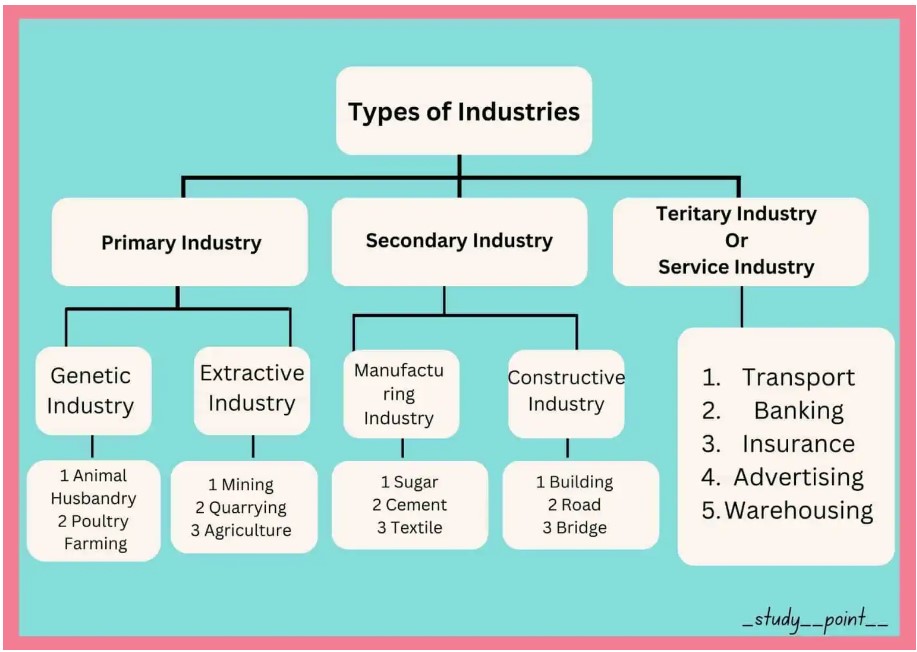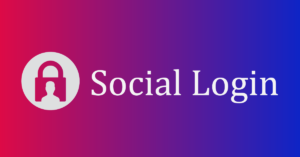Business Activities Spectrum
Business is all around us and it is the mainspring of modern life. But very few people understand its true nature and its role in society. The study of business is essential for training oneself for a carrier. The study of the principles and practices of business organisations helps in understanding events in their proper perspective and in tackling the problem of satisfying human wants through the use of available resources.
Business Activities Concept
Literally, the term ‘business’ implies ‘busyness’ or the state of being busy. But this is not the proper concept of business as it covers every human activity. Business is an economic activity as it is concerned with earning money and acquiring wealth. It is the human activity directed towards the acquisition of wealth through the production and exchange of goods and services.
A business enterprise is an economic institution as it is engaged in the production and distribution of goods and services in order to earn profits and acquire wealth. According to Wheeler, “Business is an institution organized and operated to provide goods and services to society under the incentive of private gain.”
Nature and Characteristics of Business Activities

All business enterprises irrespective of the size (Tata Steel or the vendor outside a college gate) and nature of business (Hotel Ashok or Hindustan Unilever Ltd.)have the following features:
1. Sale, Transfer or Exchange: The foremost characteristic of business is the exchange or transfer of goods and services for price or value. Production or purchase of goods and services for personal use or for presenting as gifts to others does not constitute business as no sale or transfer for value is involved. For example, a farmer who keeps cows to obtain milk for his family is not running a business.
But if he keeps cows to sell the milk obtained from them it becomes business provided the other conditions are also satisfied. Business is different from church, army, etc. because it sells something. “Any organization that fulfills itself through marketing a product or service is a business. Any organization in which marketing is either absent or incidental is not a business. “*Business is founded upon exchange and in buying and selling lies the essence of business.
2. Dealing in Goods and Services: Dealings in goods and services are another distinguishing feature of business. Every business enterprise comes into existence to provide goods or services to society. The goods or services may be procured by an enterprise through production or purchase. The goods may be consumer goods such as bread, rice, cloth, shoes,etc. or producer’s goods like tools, components, machinery, etc. The consumer’s goods are meant for direct consumption in the original or processed form. Producer’s goods or capital goods are used for producing other goods. Services are intangible like electricity, gas, insurance, transportation, banking, etc.
3. Regularity in Dealings: Dealing in goods and services constitutes business only when they are carried on regularly. A single transaction like the sale of an old newspaper by a housewife or the sale of one’s old scooter is not business though the seller gets money in exchange. But the Hindustan Times limited and Bajaj Auto Limited are business concerns because they are regularly dealing in the same article. A recurring sale rather than an isolated deal is the hallmark of the business. Usually, no business is set up for liquidation of a single transaction.
4. Profit Motive: Every business is carried on with the purpose of earning money and acquiring wealth. It is the hope of making money that induces people to go into business. No Business can survive for long without earning profits. Even government enterprises are expected to earn profit or surplus. However, the exchange should be for the mutual advantage of both the seller and the buyer. Profits must be earned through legal and fair means or by serving society and not by exploiting it. It is because of this reason that making of money through gambling, cheating, smuggling, and black marketing cannot be called business.
5. Risk or Uncertainty: Risk implies the uncertainty of reward or the possibility of loss. The element of risk is present in almost all economic activities but it is more significant in business. Though business aims at profits, losses are quite possible and common. Before an activity can be called business there must, therefore, exist not only the goal of profit but the risk of loss. Risk or uncertainty arises because the future is unknown and business has practically no control over several factors affecting profits.
Business is exposed to several types of risks some of which are as follows:
(a) Changes in consumers’ tastes, fashions, and demand.
(b) Changes in technology resulting in the obsolescence of plant, machinery, and techniques of production.
(c) Changes in the degree of competition in the market.
(d) Changes in government policies.
(e) Shortage of raw material, power fuel, etc.
(f) Deterioration in industrial relations leading to strikes, lock-outs, gheraos, etc.
(g) Faulty managerial decisions concerning the use of capital and other resources,
(h) Fire, theft, and natural calamities which can be insured against.
In view of the above-mentioned characteristics, a business may be defined as an economic activity concerned with the regular production and/or exchange of goods and services with the objective of earning profits through the satisfaction of human wants and involving an element of uncertainty or risk. Business includes all activities concerned with the production and distribution of goods and services and the activities incidental thereto.
Read More : https://www.smartbusinesstudy.com/
Data Patrons is an Edu-tech company for professional and higher education. It offers programs in business analytics, data science, machine learning, artificial intelligence, predictive modelling etc. Data Patrons offers these educational courses purely in online mode and blended mode. Python for data science in NCR courses developed are in sync with professional use cases for easy and quick business transition.
Python is a high-level, interpreted programming language that is widely used for data science. Its simplicity and versatility make it a popular choice among data scientists and analysts, who use it to clean, process, and analyse data, as well as build predictive models and visualizations.








